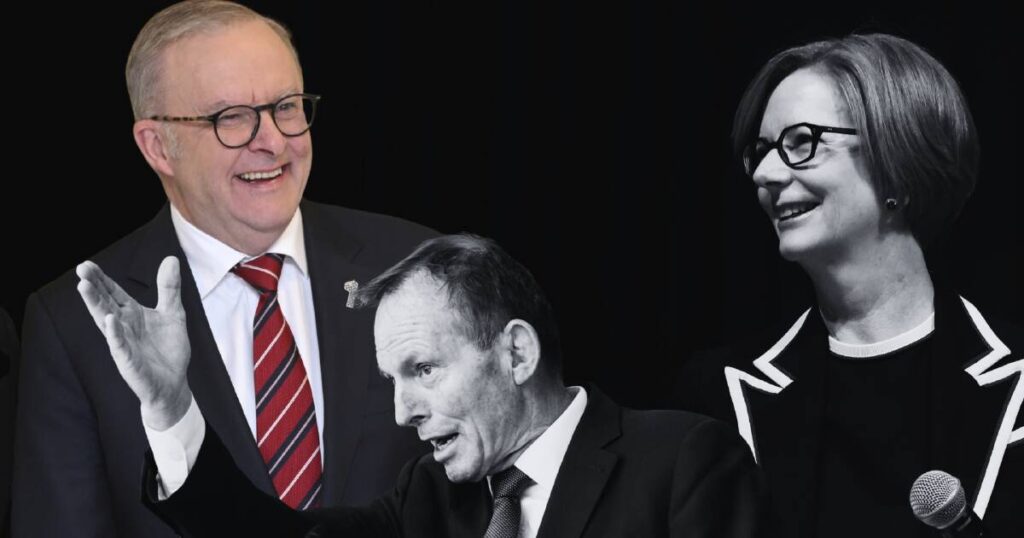
New reports confirm that the Australian Labor Government’s ambitious plan for a 2035 emissions reduction target is under urgent scrutiny, with critics warning it may be a significant miscalculation. The government has set a 62-70% reduction range in greenhouse gas emissions, a decision deemed a careful balance between political viability and environmental responsibility.
This announcement has sparked immediate debate about whether the plan is truly defensible or simply a political maneuver. The Albanese cabinet is navigating the treacherous waters of climate politics, recalling the fallout from past initiatives, notably the Carbon Pollution Reduction Scheme under Kevin Rudd, which collapsed amid fierce opposition.
As the Labor government strives to achieve a targeted 62% reduction from 2005 levels by 2035, skepticism grows regarding its effectiveness. Climate experts and progressive businesses argue that this target falls short of what is necessary for achieving net zero by 2050. They emphasize that the easiest reductions have already been made, suggesting that future progress will demand even more aggressive measures.
In response to these challenges, authorities have proposed new funds aimed at incentivizing decarbonization, promoting electrification, and enhancing energy efficiency, particularly in heavily polluting sectors. However, the question remains—are these measures sufficient to meet the pressing climate goals?
The current political landscape is further complicated by a renewed internal push within the Coalition to abandon its commitment to net zero. This shift has undoubtedly intensified the political contest surrounding climate policy, raising concerns that Labor’s cautious approach may be a significant misstep as younger voters begin to dominate the electorate.
As Anthony Albanese prepares for the next election, his administration must grapple with the legacy of past climate policies that have shaped public perception. The stakes are high, and the pressure is mounting for the Labor government to act decisively on climate change, or risk alienating an increasingly concerned electorate.
With the next election looming, the question remains: will Labor’s cautious strategy hold up against the urgent demands for more ambitious climate action? The nation watches closely as the debate unfolds, with implications that extend far beyond politics and into the realm of environmental justice and economic stability.
Stay tuned for developing updates on this critical issue as it continues to evolve.




